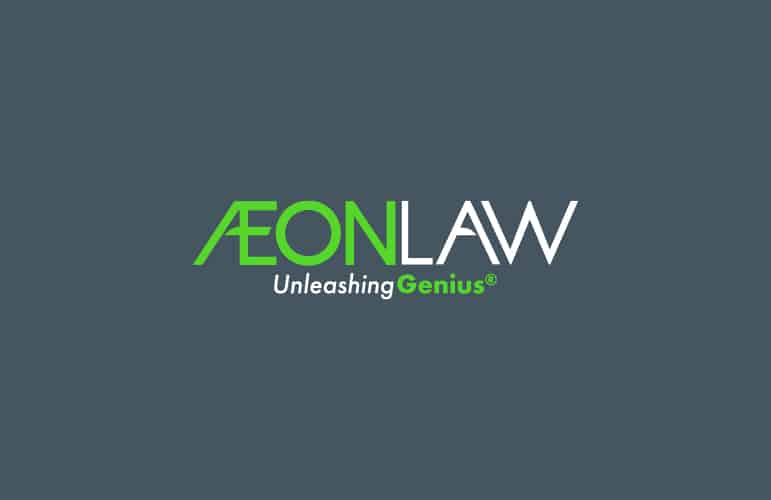Last year, Axios’s managing partner, Adam Philipp, cautioned that Bilski hardly spelled the demise of software patents. And now I’m predicting that the Supreme Court is about to overturn Bilski and rule conclusively that software is quite patentable in the process. Allow me to explain . . .
If you recall, the Federal Circuit (a court that issues most key patent law rulings) released an important decision, In re Bilski, last October. Initially, many commentators erroneously opined that the decision invalidated software patents. It didn’t. While Bilski curtailed “pure” business method patents (e.g., a method for preparing a tax return), it had very little impact on the ability of an innovator to obtain a patent on software through a careful patent attorney. Indeed, I’ve even seen some office actions in which the examiner himself offered changes to claim language to make the software patent-oriented claim conform to Bilski.
Yesterday, the Supreme Court “granted cert.” This means the Supreme Court wants to review the decision, and it likely also means the Supreme Court was dissatisfied with Bilski.
Indeed, the Wall Street Journal Law Blog quoted Laurence Rogers, an E.E. patent lawyer at Ropes and Gray as saying, “The Supreme Court doesn’t get involved in patent cases unless it sees something it doesn’t like.”
In addition, Joe Mullin at The Prior Art quotes Mark Lemley—intellectual property law glitterati and Stanford law professor—as saying, “They either looked at the Bilski legal test and said it’s an unworkable test, or they looked at their own precedent and decided they didn’t like that.” Prof. Lemley goes on to say, “If you look at other Supreme Court patent cases in recent years, they show no compunction about overturning settled wisdom in the Federal Circuit and courts of appeals.”
Thus, I’m predicting that the Supreme’s Court’s willingness to hear Bilski may be just that—an indicator they’ll overturn it.


